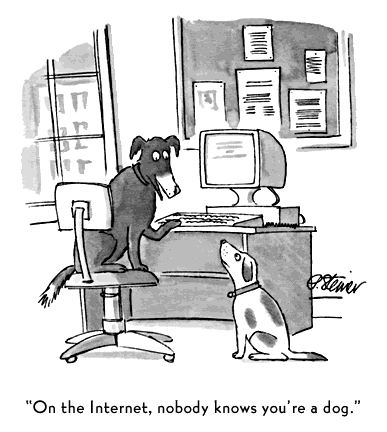I'm fairly functional in this world made for others, but when I'm alone, or not sitting at the keyboard, I don't think in words,
ever. Before I was married with children I used to throw a couple of jugs of water in my car, no food or much of anything else, and go out to the desert until I came back. Often I'd be away for a few days. It was the most wonderful thing because the words were gone and I could think. (Eating has never been a big deal to me, if there is food I eat, if there is no food I don't.)
If I'm thinking about something and someone interrupts me it always takes me a few seconds to engage -- what I hear them first say might as well be a foreign language to me and I have to wait for some kind of replay in my memory before the meaning registers, and that meaning doesn't always come. I think I know what English sounds like to someone who doesn't speak it because I hear it that way so often.
If I'm in the middle of writing computer code it will takes me a very long time to switch back to writing or speaking English, a few minutes in fact.
I don't like looking at people when they talk because it confuses the hell out of me and I lose track of what they are trying to say.
It didn't strike me that language was an important part of people's thinking, and not simply a way of describing what one sees in one's own head, until my mid-twenties.
There's apparently a facility for using language in cognition that is variable and necessary to varying degrees in different human cultures. Our own western culture, this "world" we live in, is prejudiced toward linguistic cognitive skills. "Successful" people in this culture often have very good conversational skills and a keen facility with human body language.
People lacking in these skills, especially those who have what are described as PDD's or various sorts of autism, are more likely to be seen as handicapped or mentally ill than they might in other cultures.
Here's an interesting study which touches on just one aspect of this:
http://www.pnas.org/cgi/content/abstract/103/46/17568Current approaches to human cognition often take a strong nativist stance based on Western adult performance, backed up where possible by neonate and infant research and almost never by comparative research across the Hominidae. Recent research suggests considerable cross-cultural differences in cognitive strategies, including relational thinking, a domain where infant research is impossible because of lack of cognitive maturation. Here, we apply the same paradigm across children and adults of different cultures and across all nonhuman great ape genera. We find that both child and adult spatial cognition systematically varies with language and culture but that, nevertheless, there is a clear inherited bias for one spatial strategy in the great apes. It is reasonable to conclude, we argue, that language and culture mask the native tendencies in our species. This cladistic approach suggests that the correct perspective on human cognition is neither nativist uniformitarian nor "blank slate" but recognizes the powerful impact that language and culture can have on our shared primate cognitive biases.
One of the most important impacts of the internet has been that it allows people outside the normal range of linguistic cognitive skills to communicate at their own speed.
I notice it takes me a long time to write, and it's not because of my typing skills. I type as fast as I can think using words, which is not fast at all. (I find Internet Messaging to be nearly impossible, I'm always behind the conversation, just as I am in spoken conversation.)
When I post on the internet, something I've been doing for over twenty five years now, I always feel like this:
